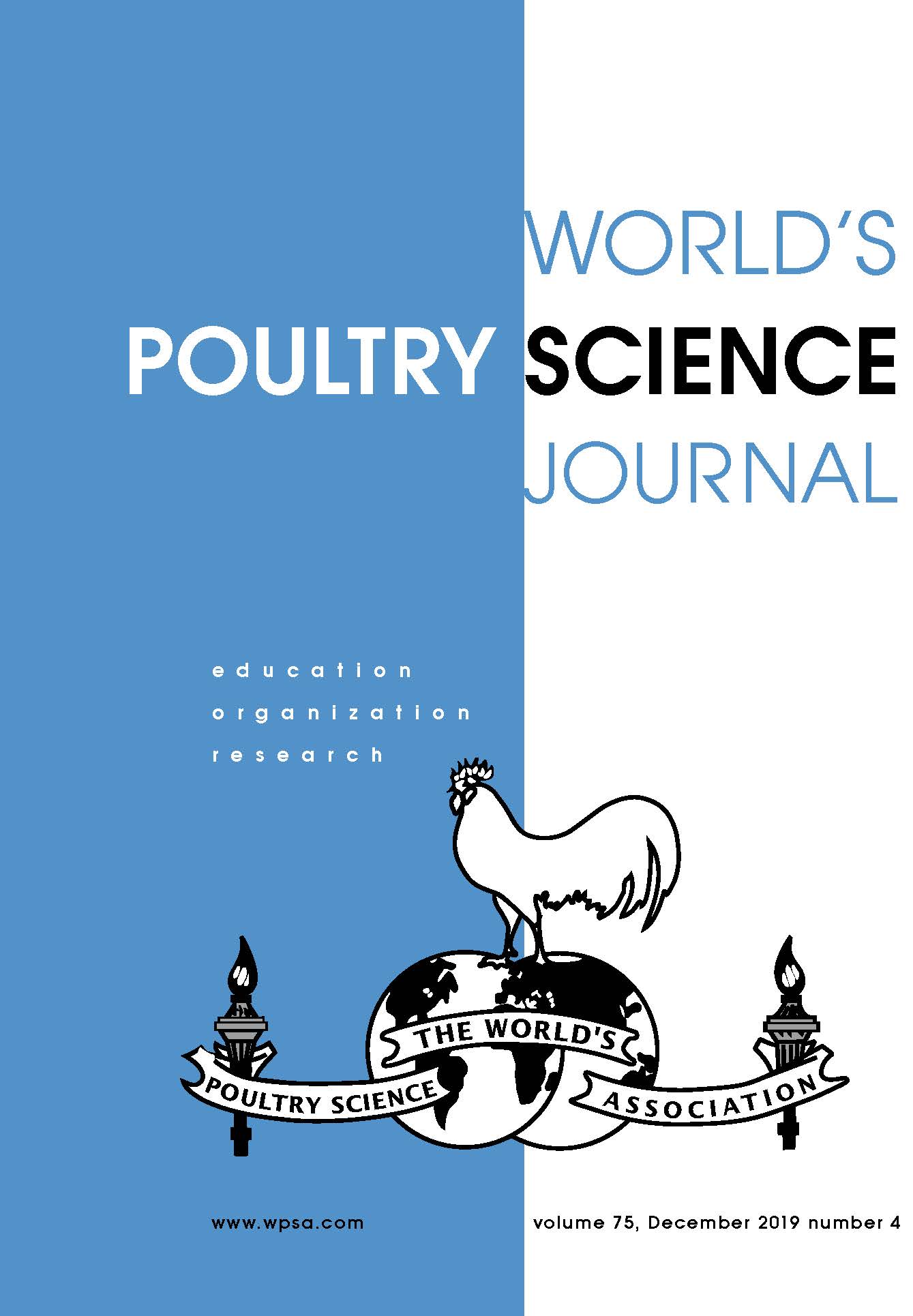Article contents
Pro-active engagement in compensation and rehabilitation policy formulation and implementation: the case of HPAI in Egypt
Published online by Cambridge University Press: 12 May 2009
Abstract
The 2006 Highly Pathogenic Avian Influenza (HPAI) outbreak in Egypt saw the adoption of a fierce stamping-out policy with the culling of 30 million birds in a matter of weeks. This was coupled with an ad hoc compensation scheme that led to wide misuse and rapid depletion of allocated funds. Since September 2006, no compensation has been paid.
HPAI in Egypt is now believed to be endemic and a comprehensive, transparent and fair compensation policy is needed to encourage disease reporting. With or without compensation, rehabilitation of the poultry producing units will occur. Strong veterinary engagement in the start up activities of small producers could be a means to improve biosecurity and establish trust. This paper outlines FAO's activities related to an extensive exercise undertaken to support the government of Egypt in formulating and implementing a compensation policy and strategy, which ensures that poor backyard poultry producers (usually women) are fairly compensated; and an investigation into how smallholder poultry producer rehabilitation activities are currently operating and how these activities can be supported.
- Type
- Review Article
- Information
- Copyright
- Copyright © World's Poultry Science Association 2009
References
- 5
- Cited by


